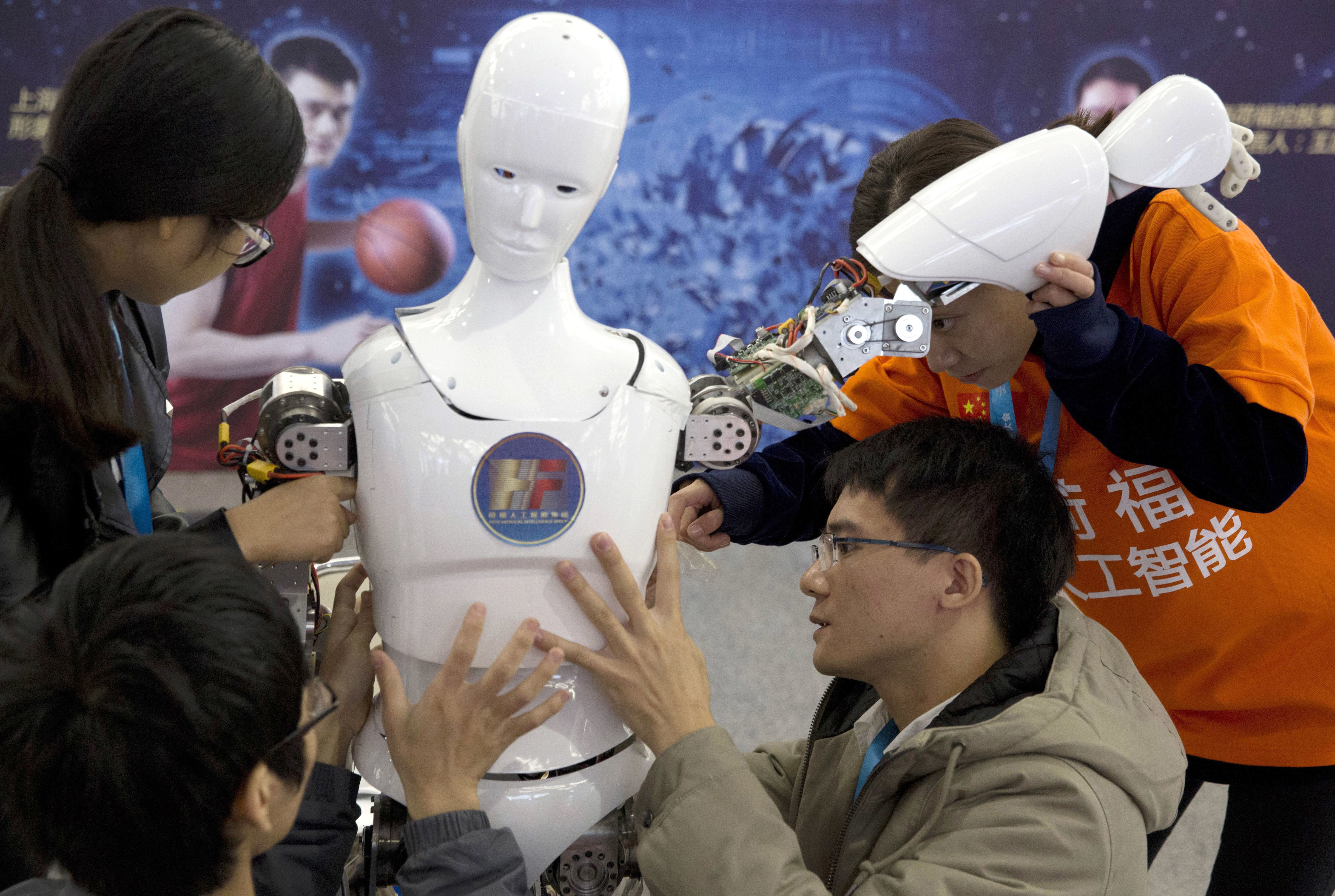Article out by Ron Bailey at Reason Magazine that discusses #transhumanism and #libertarianism:
Kai Weiss, a researcher at the Austrian Economics Center and Hayek Institute in Vienna, Austria, swiftly denounced the piece. “Transhumanism should be rejected by libertarians as an abomination of human evolution,” he wrote.
Clearly there is some disagreement.
Weiss is correct that Istvan doesn’t expend much intellectual effort linking transhumanism with libertarian thinking. Istvan largely assumes that people seeking to flourish should have the freedom to enhance their bodies and minds and those of their children without much government interference. So what abominable transhumanist technologies does Weiss denounce?
Weiss includes defeating death, robotic hearts, virtual reality sex, telepathy via mind-reading headsets, brain implants, ectogenesis, artificial intelligence, exoskeleton suits, designer babies, and gene editing tech. “At no point [does Istvan] wonder if we should even strive for these technologies,” Weiss thunders.






